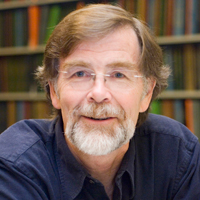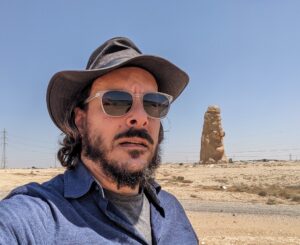People
Directors

Ralph Bunche Institute
John Torpey
John Torpey Director, Ralph Bunche Institute Presidential Professor, Sociology jtorpey@gc.cuny.edu @JohnCTorpey
John Torpey is Presidential Professor of Sociology and History at the Graduate Center, City University of New York, and (from January 2014) Director of the Ralph Bunche Institute for International Studies at the Graduate Center. He is the author or editor of eight books: Intellectuals, Socialism, and Dissent: The East German Opposition and its Legacy (1995); The Invention of the Passport: Surveillance, Citizenship, and the State (2000); Documenting Individual Identity: The Development of State Practices in the Modern World (edited with Jane Caplan; Princeton: Princeton UP, 2001); Politics and the Past: On Repairing Historical Injustices (2004); Old Europe, New Europe, Core Europe: Transatlantic Relations after the Iraq War (2005), Making Whole What Has Been Smashed: On Reparations Politics (2006); The Post-Secular in Question (2012); and, with Christian Joppke, Legal Integration of Islam: A Transatlantic Comparison (2013). He is on the editorial board of Theory and Society and the Journal of Human Rights, and edits a series for Temple University Press titled “Politics, History, and Social Change.”
Thomas G. Weiss Director Emeritus, Ralph Bunche Institute Presidential Professor, Political Science tweiss@gc.cuny.edu / CV
Thomas G. Weiss is Presidential Professor Emeritus of Political Science at The CUNY Graduate Center and Director Emeritus of its Ralph Bunche Institute for International Studies. He is Distinguished Fellow, Global Governance, The Chicago Council on Global Affairs; and Global Eminence Scholar, Kyung Hee University, Korea. Previously, he was Andrew Carnegie Fellow (2016-18), past president of the International Studies Association (2009-10) and recipient of its “IO Distinguished Scholar Award 2016”; he also directed research projects on Cultural Heritage at Risk, the Future of the UN Development System, the Wartime UN, and the UN Intellectual History Project and was Research Professor at SOAS, University of London (2012-2015), Chair of the Academic Council on the UN System (2006-9), Editor of Global Governance, Research Director of the International Commission on Intervention and State Sovereignty, Research Professor at Brown University’s Watson Institute for International Studies, Executive Director of the Academic Council on the UN System and of the International Peace Academy, a member of the UN Secretariat, and a consultant to public and private agencies. He has written extensively about multilateral approaches to international peace and security, humanitarian action, and sustainable development. Recent single- or co-authored books include: The “Third” United Nations: How a Knowledge Ecology Helps the UN Think (2021); Rethinking Global Governance (2019); The United Nations and Changing World Politics (2019); Would the World Be Better without the UN? (2018); Humanitarianism,War, and Politics: Solferino to Syria and Beyond (2018); Humanitarianism Intervention: Ideas in Action (2016); What’s Wrong with the United Nations and How to Fix It (2016); Governing the World? Addressing “Problems without Passports” (2014); Global Governance: Why? What? Whither? (2013); Humanitarian Business (2013); Thinking about Global Governance, Why People and Ideas Matter (2011); Humanitarianism Contested: Where Angels Fear to Tread (2011); Global Governance and the UN: An Unfinished Journey (2010); and UN Ideas That Changed the World (2009). Among his many recent edited volumes are International Organization and Global Governance (2023), Cultural Heritage and Mass Atrocities (2022), and Global Governance Futures (2022).
Eli Karetny, PhD Deputy Director, Ralph Bunche Institute Lecturer, Baruch College-CUNY ekaretny@gc.cuny.edu @ekaretny
Eli Karetny is the RBI’s deputy director and serves as the head of programs and operations. Eli is the Principal Investigator on the Institute’s core research projects, he oversees relations with sponsors, liaises with university administration, and serves as the Institute’s grants manager and financial officer. Eli works closely with the RBI’s Global Centre for the Responsibility to Protect (GCR2P) and played a central role establishing the Center for the Study of the Holocaust, Genocide, and Crimes Against Humanity (CSHGCAH).
After receiving a JD/MBA from Temple University, Eli served in the Peace Corps in Ukraine, then received a Masters Degree in International Relations from New York University. Eli completed his PhD in Political Science at the CUNY Graduate Center under Corey Robin. His dissertation explored monarchic themes in the work of Leo Strauss, focusing especially on Strauss’s view that teachers and advisors possess almost superhuman powers. Eli teaches political theory and international relations at Baruch College-CUNY and advises the RBI’s Project Directors on strategic and operational issues.
Project Directors
Global Centre for the Responsibility to Protect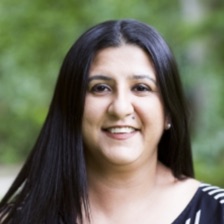 Savita Pawnday
Executive Director
Global Centre for the Responsibility to Protect
spawnday@globalr2p.org
@Savita_Pawnday
Savita Pawnday became Executive Director of the Global Centre in October 2021 after serving as Deputy Director for 10 years. Prior to joining the Global Centre for the Responsibility to Protect, she was a research associate at the Program on States and Security at the Ralph Bunche Institute for International Studies. Savita has worked in Zimbabwe, Zambia and Malawi with Catholic Relief Services, in New York with Trickle Up, a microfinance NGO, and in India at Akanksha. She holds a M.A. from Fordham University in political economy and development, with a specialization in political economy of civil wars and a B.A. in Economics from St. Xavier’s College, University of Mumbai.
Center for Global Ethics and Politics
Savita Pawnday
Executive Director
Global Centre for the Responsibility to Protect
spawnday@globalr2p.org
@Savita_Pawnday
Savita Pawnday became Executive Director of the Global Centre in October 2021 after serving as Deputy Director for 10 years. Prior to joining the Global Centre for the Responsibility to Protect, she was a research associate at the Program on States and Security at the Ralph Bunche Institute for International Studies. Savita has worked in Zimbabwe, Zambia and Malawi with Catholic Relief Services, in New York with Trickle Up, a microfinance NGO, and in India at Akanksha. She holds a M.A. from Fordham University in political economy and development, with a specialization in political economy of civil wars and a B.A. in Economics from St. Xavier’s College, University of Mumbai.
Center for Global Ethics and Politics
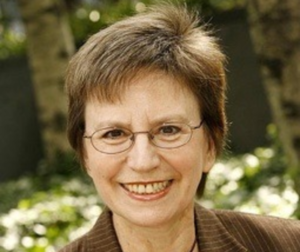 Carol Gould
Director, Center for Global Ethics and Politics
Professor, Political Science and Philosophy, Hunter College and The Graduate Center
cgould
Carol Gould
Director, Center for Global Ethics and Politics
Professor, Political Science and Philosophy, Hunter College and The Graduate Center
cgould@gc.cuny.edu
Carol Gould is Director of the Center for Global Ethics & Politics at the Ralph Bunche Institute for International Studies and Distinguished Professor in the Philosophy Department at Hunter College. Additionally, she serves on the faculty of the doctoral programs in Philosophy and Political Science at the Graduate Center of the City University of New York. She is Editor of the Journal of Social Philosophy. Carol’s books include Marx’s Social Ontology: Individuality and Community in Marx’s Theory of Social Reality (1978); Rethinking Democracy: Freedom and Social Cooperation in Politics, Economy, and Society (1988); and Globalizing Democracy and Human Rights (2004), which won the 2009 David Easton Best Book Award from the American Political Science Association. She is currently completing a new book entitled Interactive Democracy: The Social Roots of Global Justice, to be published by Cambridge University Press. She is currently co-directing the Mellon Sawyer Seminar Series, at the Graduate Center entitled “Democratic Citizenship and the Recognition of Cultural Differences.”
European Union Studies Center
 Merrill Sovner
Assistant Director, European Union Studies Center
msovner@gradcenter.cuny.edu
Merrill Sovner is the Assistant Director of the European Union Studies Center, organizing EUSC events, collaborating with scholars as well as other institutions, and coordinating the Society and Protest Workshop. Merrill is a current PhD candidate in political science at the Graduate Center, CUNY, and a co-author of research on the long-term impact of philanthropic funding for civil society in Central and Eastern Europe. Merrill previously worked at the Open Society Foundations for over a decade, serving as Deputy Director of the East East Beyond Borders Program and Program Officer in the Office of the President, and on evaluations for the Atlantic Philanthropies. Merrill holds a BA in political science and communications studies from the University of Michigan and an MSc in comparative politics from the London School of Economics and Political Science.
Center for the Study of the Holocaust, Genocide, and Crimes Against Humanity.
Merrill Sovner
Assistant Director, European Union Studies Center
msovner@gradcenter.cuny.edu
Merrill Sovner is the Assistant Director of the European Union Studies Center, organizing EUSC events, collaborating with scholars as well as other institutions, and coordinating the Society and Protest Workshop. Merrill is a current PhD candidate in political science at the Graduate Center, CUNY, and a co-author of research on the long-term impact of philanthropic funding for civil society in Central and Eastern Europe. Merrill previously worked at the Open Society Foundations for over a decade, serving as Deputy Director of the East East Beyond Borders Program and Program Officer in the Office of the President, and on evaluations for the Atlantic Philanthropies. Merrill holds a BA in political science and communications studies from the University of Michigan and an MSc in comparative politics from the London School of Economics and Political Science.
Center for the Study of the Holocaust, Genocide, and Crimes Against Humanity.
 Deborah Dwork
Founding Director,
Center for the Study of the Holocaust, Genocide, and Crimes Against Humanity
ddwork@gc.cuny.edu
CV
Debórah Dwork is the Founding Director of the Center for the Study of the Holocaust, Genocide, and Crimes Against Humanity at the Ralph Bunche Institute for International Studies, Graduate Center — CUNY. Pathbreaking in her early oral recording of Holocaust survivors, Dwork weaves their narratives into the history she writes. Her award-winning books include Children With A Star; Flight from the Reich; Auschwitz; and Holocaust. Renowned for her scholarship on Holocaust history, she is also a leading authority on university education in this field: she changed the academic landscape, envisioning and actualizing the first doctoral program in Holocaust History and Genocide Studies. Recipient of the International Network of Genocide Scholars Lifetime Achievement Award (2020), Debórah Dwork has been a Guggenheim Fellow, a Fellow at the Woodrow Wilson International Center for Scholars, and an ACLS Fellow. She currently serves on the U.S. delegation to the 34-member state International Holocaust Remembrance Alliance.
Deborah Dwork
Founding Director,
Center for the Study of the Holocaust, Genocide, and Crimes Against Humanity
ddwork@gc.cuny.edu
CV
Debórah Dwork is the Founding Director of the Center for the Study of the Holocaust, Genocide, and Crimes Against Humanity at the Ralph Bunche Institute for International Studies, Graduate Center — CUNY. Pathbreaking in her early oral recording of Holocaust survivors, Dwork weaves their narratives into the history she writes. Her award-winning books include Children With A Star; Flight from the Reich; Auschwitz; and Holocaust. Renowned for her scholarship on Holocaust history, she is also a leading authority on university education in this field: she changed the academic landscape, envisioning and actualizing the first doctoral program in Holocaust History and Genocide Studies. Recipient of the International Network of Genocide Scholars Lifetime Achievement Award (2020), Debórah Dwork has been a Guggenheim Fellow, a Fellow at the Woodrow Wilson International Center for Scholars, and an ACLS Fellow. She currently serves on the U.S. delegation to the 34-member state International Holocaust Remembrance Alliance.
Visiting Scholars & Research Fellows
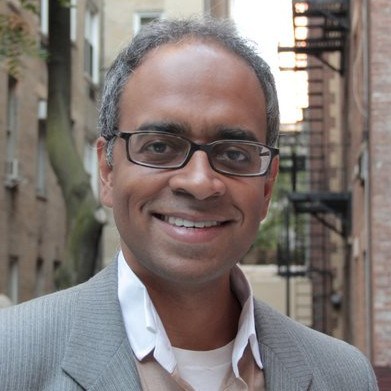 Manu Bhagavan
Senior Fellow, RBI
manu.bhagavan@hunter.cuny.edu
Manu Bhagavan is Professor of History and Human Rights at Hunter College and the Graduate Center-The City University of New York, and Senior Fellow at the Ralph Bunche Institute. He is the author of The Peacemakers (2012, 2013) and Sovereign Spheres (2003), the (co-) editor of 4 books, and is currently writing a biography of Madam Vijaya Lakshmi Pandit, the world’s first celebrity diplomat from the Global South. His edited volume on India and the Cold War is in production with the University of North Carolina Press and is expected in 2019. Manu’s Quartz essay on global authoritarianism went viral internationally and was translated into German as the lead, cover article of the May 2016 Berliner Republik magazine. He is the recipient of a 2006 Fellowship from the American Council of Learned Societies and is an elected member of the Pacific Council on International Policy. He regularly appears in the media to comment on global affairs. Follow @ManuBhagavan.
Manu Bhagavan
Senior Fellow, RBI
manu.bhagavan@hunter.cuny.edu
Manu Bhagavan is Professor of History and Human Rights at Hunter College and the Graduate Center-The City University of New York, and Senior Fellow at the Ralph Bunche Institute. He is the author of The Peacemakers (2012, 2013) and Sovereign Spheres (2003), the (co-) editor of 4 books, and is currently writing a biography of Madam Vijaya Lakshmi Pandit, the world’s first celebrity diplomat from the Global South. His edited volume on India and the Cold War is in production with the University of North Carolina Press and is expected in 2019. Manu’s Quartz essay on global authoritarianism went viral internationally and was translated into German as the lead, cover article of the May 2016 Berliner Republik magazine. He is the recipient of a 2006 Fellowship from the American Council of Learned Societies and is an elected member of the Pacific Council on International Policy. He regularly appears in the media to comment on global affairs. Follow @ManuBhagavan.
 Luca Storti, Associate Professor of Economic Sociology at the University of Torino
Research Fellow of the Ralph Bunche Institute
Email: luca.storti@unito.it
Luca Storti is an Associate Professor of Economic Sociology at the University of Torino and Research Fellow of the Ralph Bunche Institute as of 2018. His main research interests involve Mafia’s processes of territorial expansion at both national and international level, the topic of international organized crime groups at boundaries between legal and illegal markets, and the relationships between Institutions and the Economy. Among his recent publications: “The territorial expansion of mafia-type organized crime. The case of the Italian mafia in Germany”, in Crime, Law and Social Change (2014, with R. Sciarrone); “Social class and wealth inequality in Italy over 20 years, 1993-2014”, in Journal of Modern Italian Studies (2018, with J. Dagnes and M. Filandri), “Undisciplined, selfish big Babies? The cultural framing of the Italian financial crisis”, in Modern Italy (2018, with J. Dagnes and J. González-Díez), “Survive or Perish: ‘Traditional’ Organised Crime in the Port of Montreal and the Port of New York/New Jersey”, in International Journal of Law, Crime and Justice (2020, with A. Sergi).
Luca Storti, Associate Professor of Economic Sociology at the University of Torino
Research Fellow of the Ralph Bunche Institute
Email: luca.storti@unito.it
Luca Storti is an Associate Professor of Economic Sociology at the University of Torino and Research Fellow of the Ralph Bunche Institute as of 2018. His main research interests involve Mafia’s processes of territorial expansion at both national and international level, the topic of international organized crime groups at boundaries between legal and illegal markets, and the relationships between Institutions and the Economy. Among his recent publications: “The territorial expansion of mafia-type organized crime. The case of the Italian mafia in Germany”, in Crime, Law and Social Change (2014, with R. Sciarrone); “Social class and wealth inequality in Italy over 20 years, 1993-2014”, in Journal of Modern Italian Studies (2018, with J. Dagnes and M. Filandri), “Undisciplined, selfish big Babies? The cultural framing of the Italian financial crisis”, in Modern Italy (2018, with J. Dagnes and J. González-Díez), “Survive or Perish: ‘Traditional’ Organised Crime in the Port of Montreal and the Port of New York/New Jersey”, in International Journal of Law, Crime and Justice (2020, with A. Sergi).
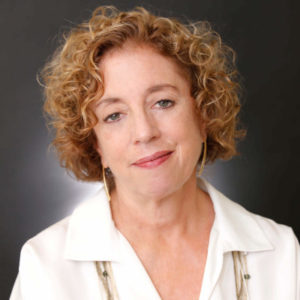 Ellen Chesler
Senior Fellow, RBI
ellen.chesler@gmail.com
With over thirty years of experiencein government, philanthropy, and academia, Ellen Chesler is widely respected for the practical and intellectual perspectives she brings to public policy. Ellen is author of the critically celebrated Woman of Valor: Margaret Sanger and the Birth Control Movement in America. A finalist for PEN’s 1993 Martha Albrand award in nonfiction, the book was released in a new paperback edition in 2007. She is co-editor of Women and Girls Rising: Progress and Resistance around the World, a volume in RBI’s Global Institutions Series, and he is co-editor of Where Human Rights Begin: Health, Sexuality and Women in the New Millennium, Rutgers University Press, 2005. She has also written numerous essays and articles for academic anthologies and for prominent newspapers, journals, periodicals, and blogs. For many years she was a Senior Fellow and Program Director in Women’s Rights and Reproductive Health at the Open Society Foundations.
Ellen Chesler
Senior Fellow, RBI
ellen.chesler@gmail.com
With over thirty years of experiencein government, philanthropy, and academia, Ellen Chesler is widely respected for the practical and intellectual perspectives she brings to public policy. Ellen is author of the critically celebrated Woman of Valor: Margaret Sanger and the Birth Control Movement in America. A finalist for PEN’s 1993 Martha Albrand award in nonfiction, the book was released in a new paperback edition in 2007. She is co-editor of Women and Girls Rising: Progress and Resistance around the World, a volume in RBI’s Global Institutions Series, and he is co-editor of Where Human Rights Begin: Health, Sexuality and Women in the New Millennium, Rutgers University Press, 2005. She has also written numerous essays and articles for academic anthologies and for prominent newspapers, journals, periodicals, and blogs. For many years she was a Senior Fellow and Program Director in Women’s Rights and Reproductive Health at the Open Society Foundations.
 Peter J. Hoffman
Research Fellow, RBI
Assistant Professor and Director, Graduate Programs in International Affairs, The New School
HoffmanP@newschool.edu
Peter J. Hoffman is Associate Professor and Director of The Graduate Program in International Affairs at The New School, and Research Fellow at the RBIIS. His research and writing focus on the dynamics of war and global responses, concentrating primarily on the international humanitarian system. Other major areas of his work encompass the United Nations; the private military and security sector; conflict analysis; and, U.S. foreign policy. His publications include numerous policy reports for organizations such as the National Committee on American Foreign Policy and Médecins Sans Frontières. Hoffman’s most recent book, co-authored with Thomas G. Weiss, Humanitarianism, War and Politics: From Solferino to Syria and Beyond (co-Rowman & Littlefield, 2018) develops an approach of “critical humanitarian studies” to analyze humanitarianism, its social movement, institutions and organizations. His current project examines changing beliefs of humanitarian agencies regarding the use of private security contractors to protect aid workers and situates this with regard to a global sacrificial order, and will be published as Mercy and Mercenaries: The Politics of Private Security Companies Protecting Humanitarian Agencies (Routledge, forthcoming).
Peter J. Hoffman
Research Fellow, RBI
Assistant Professor and Director, Graduate Programs in International Affairs, The New School
HoffmanP@newschool.edu
Peter J. Hoffman is Associate Professor and Director of The Graduate Program in International Affairs at The New School, and Research Fellow at the RBIIS. His research and writing focus on the dynamics of war and global responses, concentrating primarily on the international humanitarian system. Other major areas of his work encompass the United Nations; the private military and security sector; conflict analysis; and, U.S. foreign policy. His publications include numerous policy reports for organizations such as the National Committee on American Foreign Policy and Médecins Sans Frontières. Hoffman’s most recent book, co-authored with Thomas G. Weiss, Humanitarianism, War and Politics: From Solferino to Syria and Beyond (co-Rowman & Littlefield, 2018) develops an approach of “critical humanitarian studies” to analyze humanitarianism, its social movement, institutions and organizations. His current project examines changing beliefs of humanitarian agencies regarding the use of private security contractors to protect aid workers and situates this with regard to a global sacrificial order, and will be published as Mercy and Mercenaries: The Politics of Private Security Companies Protecting Humanitarian Agencies (Routledge, forthcoming).
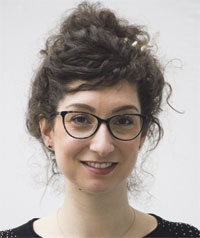
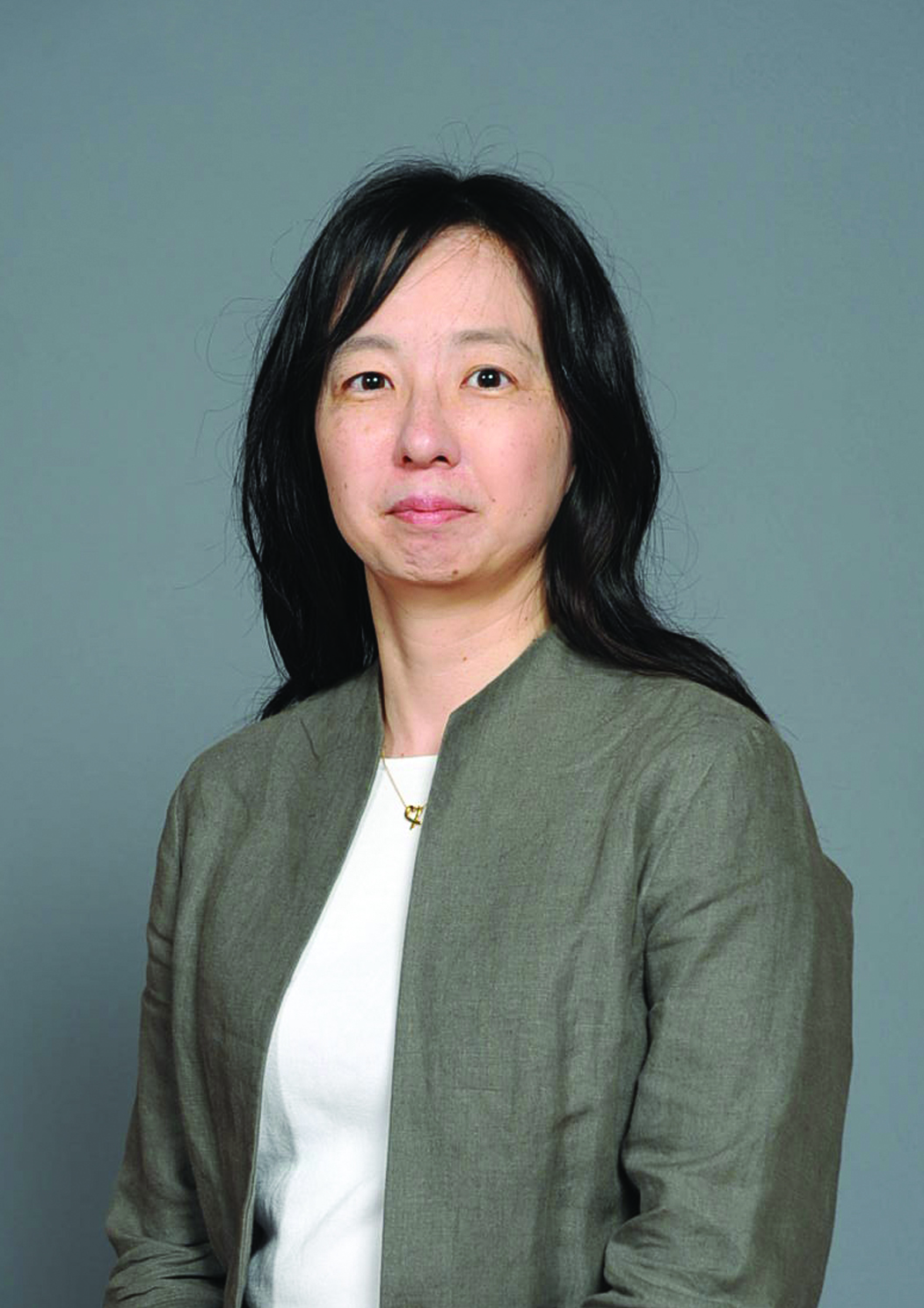


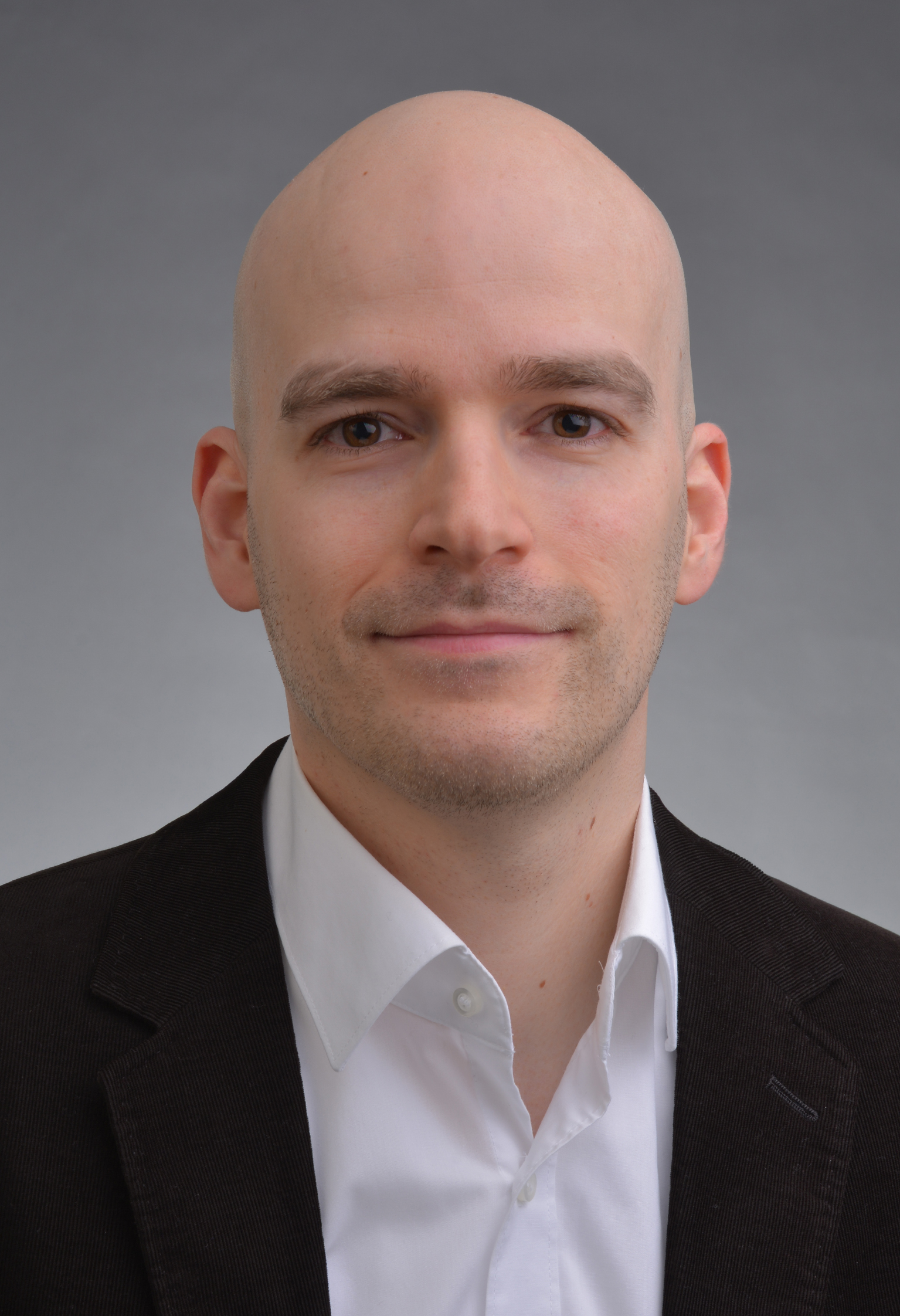
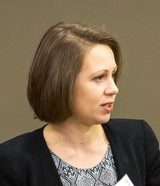
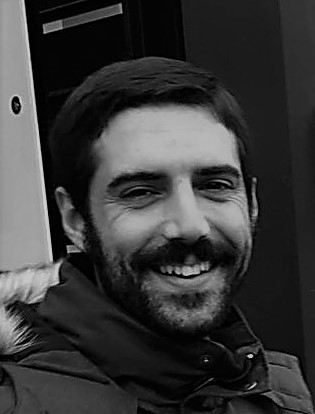
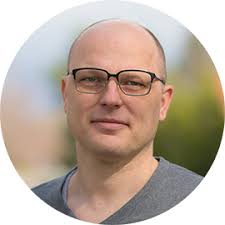
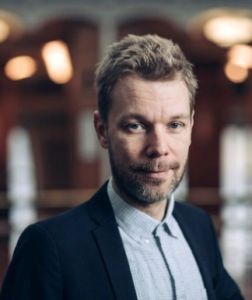 Dr. Miika Tervonen
Senior Research Fellow at the Migration Institute of Finland
Email: miika.tervonen@migrationinstitute.fi
Miika Tervonen is a Senior Research Fellow at the Migration Institute of Finland, and a docent (Associate Professor) of Nordic Studies at the University of Helsinki. His research is centered on migration, borders, nationalism and minorities in the Nordic nation/welfare states. Tervonen received his PhD at the European University Institute (2010) and has worked a visiting scholar at the Columbia University and the London School of Economics. He is currently the chair of the Nordic Migration Research –network, and the country PI in the international research projects Ethnic Stereotypes Over Time – a Nordic Comparison (2022-2026) and Displacement, placemaking and wellbeing in the city (2019-2022), as well as member of the project Histories of Refugeedom in the Nordic Countries (2020-2022). During his visit at the RBI, Tervonen develops a project dealing with the history of deportations, and works on a monograph Writing the past white: Nation, Race and Coloniality in Finnish National Histories, examining the constructing of national narrative through inclusions, exclusions and silences.
Dr. Miika Tervonen
Senior Research Fellow at the Migration Institute of Finland
Email: miika.tervonen@migrationinstitute.fi
Miika Tervonen is a Senior Research Fellow at the Migration Institute of Finland, and a docent (Associate Professor) of Nordic Studies at the University of Helsinki. His research is centered on migration, borders, nationalism and minorities in the Nordic nation/welfare states. Tervonen received his PhD at the European University Institute (2010) and has worked a visiting scholar at the Columbia University and the London School of Economics. He is currently the chair of the Nordic Migration Research –network, and the country PI in the international research projects Ethnic Stereotypes Over Time – a Nordic Comparison (2022-2026) and Displacement, placemaking and wellbeing in the city (2019-2022), as well as member of the project Histories of Refugeedom in the Nordic Countries (2020-2022). During his visit at the RBI, Tervonen develops a project dealing with the history of deportations, and works on a monograph Writing the past white: Nation, Race and Coloniality in Finnish National Histories, examining the constructing of national narrative through inclusions, exclusions and silences.
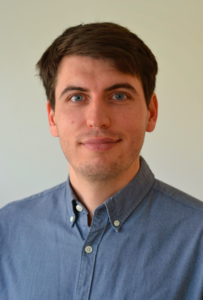 Jonas Fritzler
PhD candidate at Bielefeld University
Email: jonas.fritzler@uni-bielefeld.de
Jonas Fritzler is a PhD candidate at Bielefeld University, Germany. Before starting his doctoral research project he taught courses in political science at the University of Amsterdam and Leiden University respectively (both in The Netherlands). His current research asks ‘Who Defends Human Security Norms in Times of Crisis?’ and studies the role of small state and middle power norm entrepreneurship in the current political context of global reordering. Jonas focuses on states which have often been described as norm forerunners, namely Canada, Denmark, and Sweden, and assesses their diplomatic practices related to establishing and defending human security norms such as the Responsibility to Protect. In times of ‘liberal world order crisis’, international norms are renegotiated and it is unclear how they will develop and to what extent norm entrepreneurs can defend them at the United Nations. The research connects to work on ‘small states’ and ‘middle powers’ to understand states’ motivations, and constructivism, which allows to (re-)assess the role of norm entrepreneurs in the norm life cycle, especially when norms are stagnant. During his time as a visiting researcher at the Ralph Bunche Institute, Jonas conducts interviews with practitioners working in the realm of the UN human security agenda.
i
Jonas Fritzler
PhD candidate at Bielefeld University
Email: jonas.fritzler@uni-bielefeld.de
Jonas Fritzler is a PhD candidate at Bielefeld University, Germany. Before starting his doctoral research project he taught courses in political science at the University of Amsterdam and Leiden University respectively (both in The Netherlands). His current research asks ‘Who Defends Human Security Norms in Times of Crisis?’ and studies the role of small state and middle power norm entrepreneurship in the current political context of global reordering. Jonas focuses on states which have often been described as norm forerunners, namely Canada, Denmark, and Sweden, and assesses their diplomatic practices related to establishing and defending human security norms such as the Responsibility to Protect. In times of ‘liberal world order crisis’, international norms are renegotiated and it is unclear how they will develop and to what extent norm entrepreneurs can defend them at the United Nations. The research connects to work on ‘small states’ and ‘middle powers’ to understand states’ motivations, and constructivism, which allows to (re-)assess the role of norm entrepreneurs in the norm life cycle, especially when norms are stagnant. During his time as a visiting researcher at the Ralph Bunche Institute, Jonas conducts interviews with practitioners working in the realm of the UN human security agenda.
i

